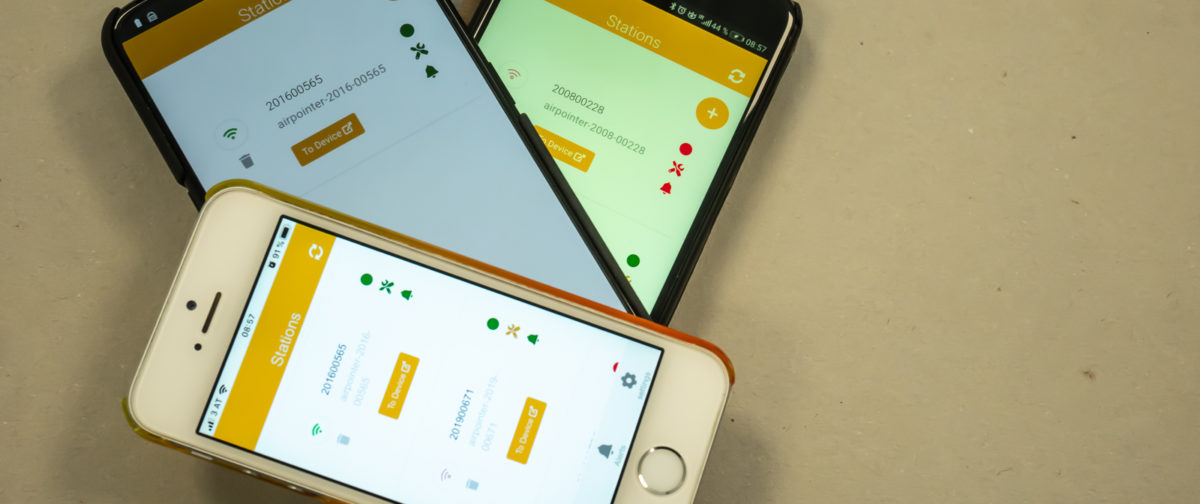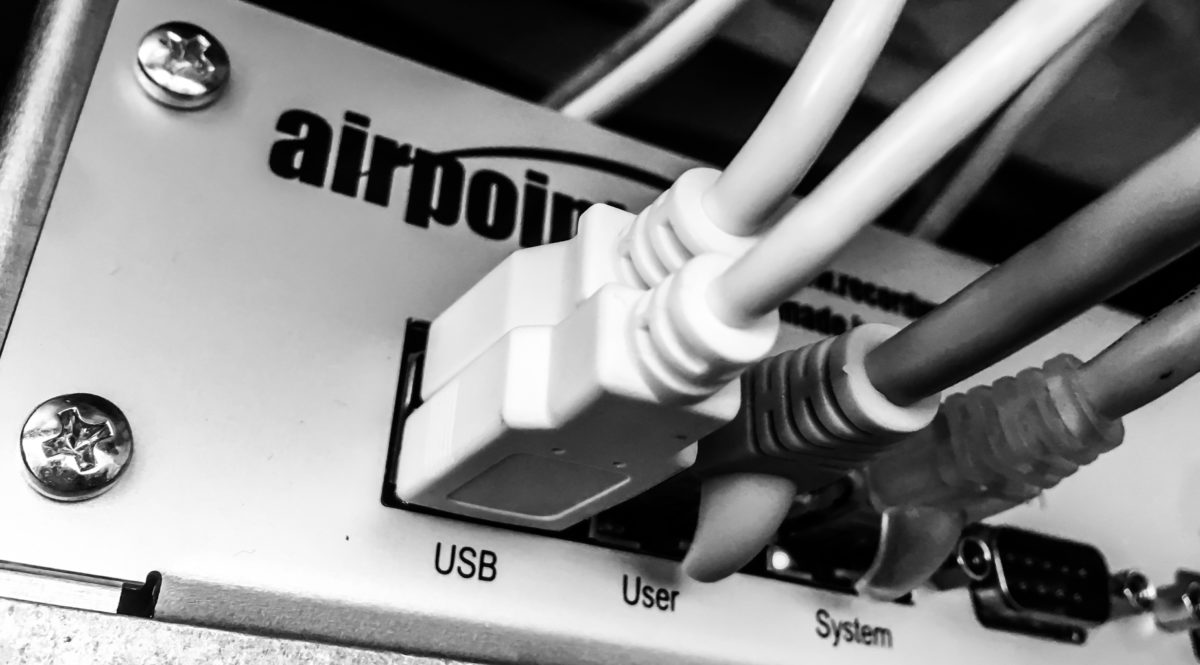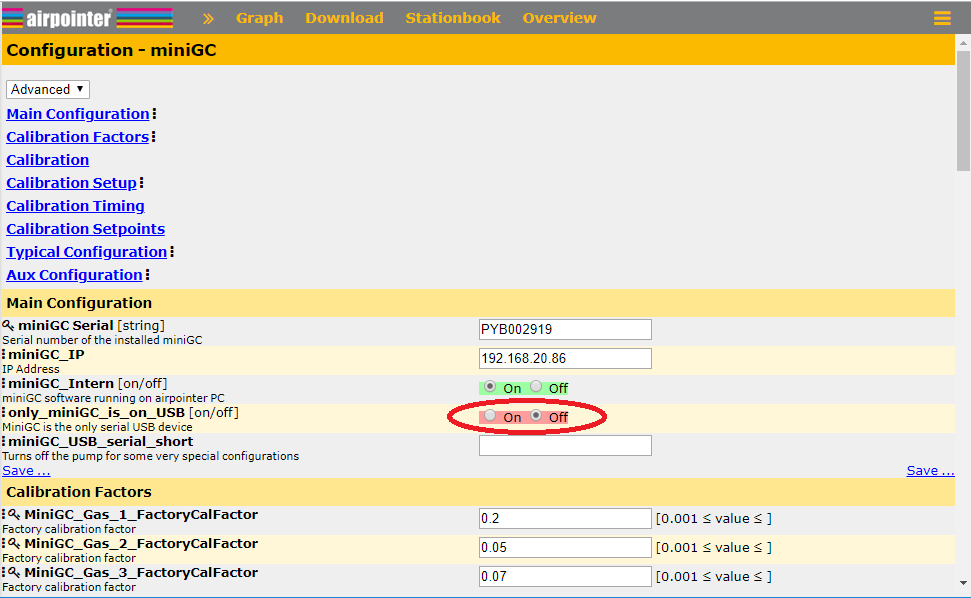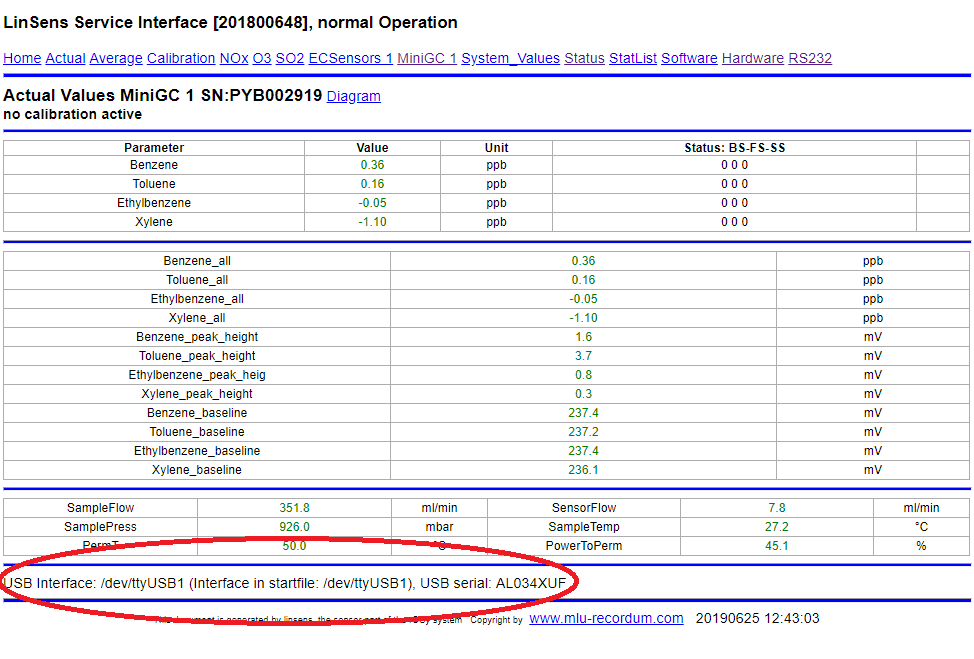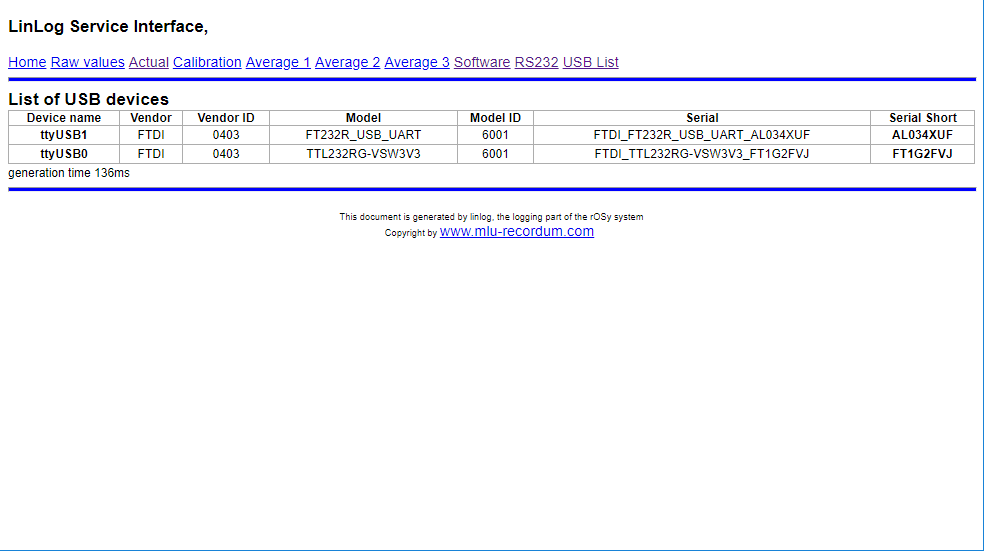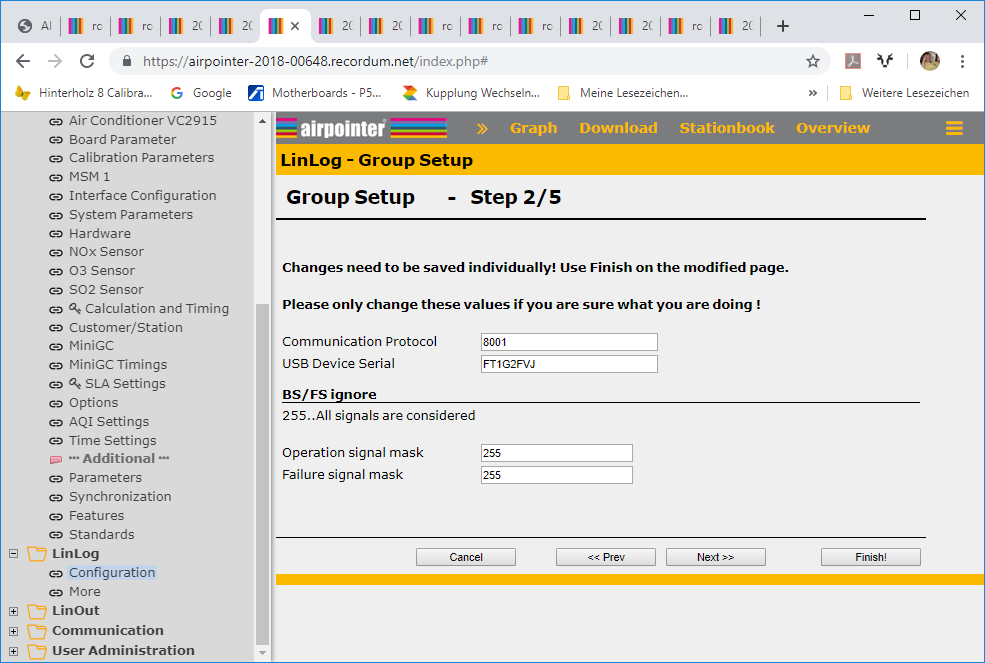A little history:
Back in 2005 we created a portal service to make connections to airpointer possible using a dynamic IP address. The second function was to speed up communication with the airpointer by coping data from the airpointer to server. With the today’s speed of communication, the last “speed up” customer remained, skipped the old portal service two years ago. Build with the old SuSE of that time and the way the system is working, this server is outdated long ago. Starting in 2009 we are working on a modern Linux solution (a Debian distribution), since 2013 we install this version of software on all airpointer. At the same time the new portal was introduced, in a much easier way to work with. At this time, our SuSE software stack and portal was announced to be discontinued.
What is going on:
Our plan was to turn off the first, SuSE based, portal by end of the year because more and more browsers and other tools are not accepting the old-style security and encryption tools of the server anymore. Unfortunately, a technical issue stops the server a few months earlier than planned.
Are you involved?
If you are using portal.recordum.com to connect to your instrument you are involved. All other customers just need to wait a few days until a update is possible again.
If you are involved please click here: How-to Change to the new portal.
Andreas






